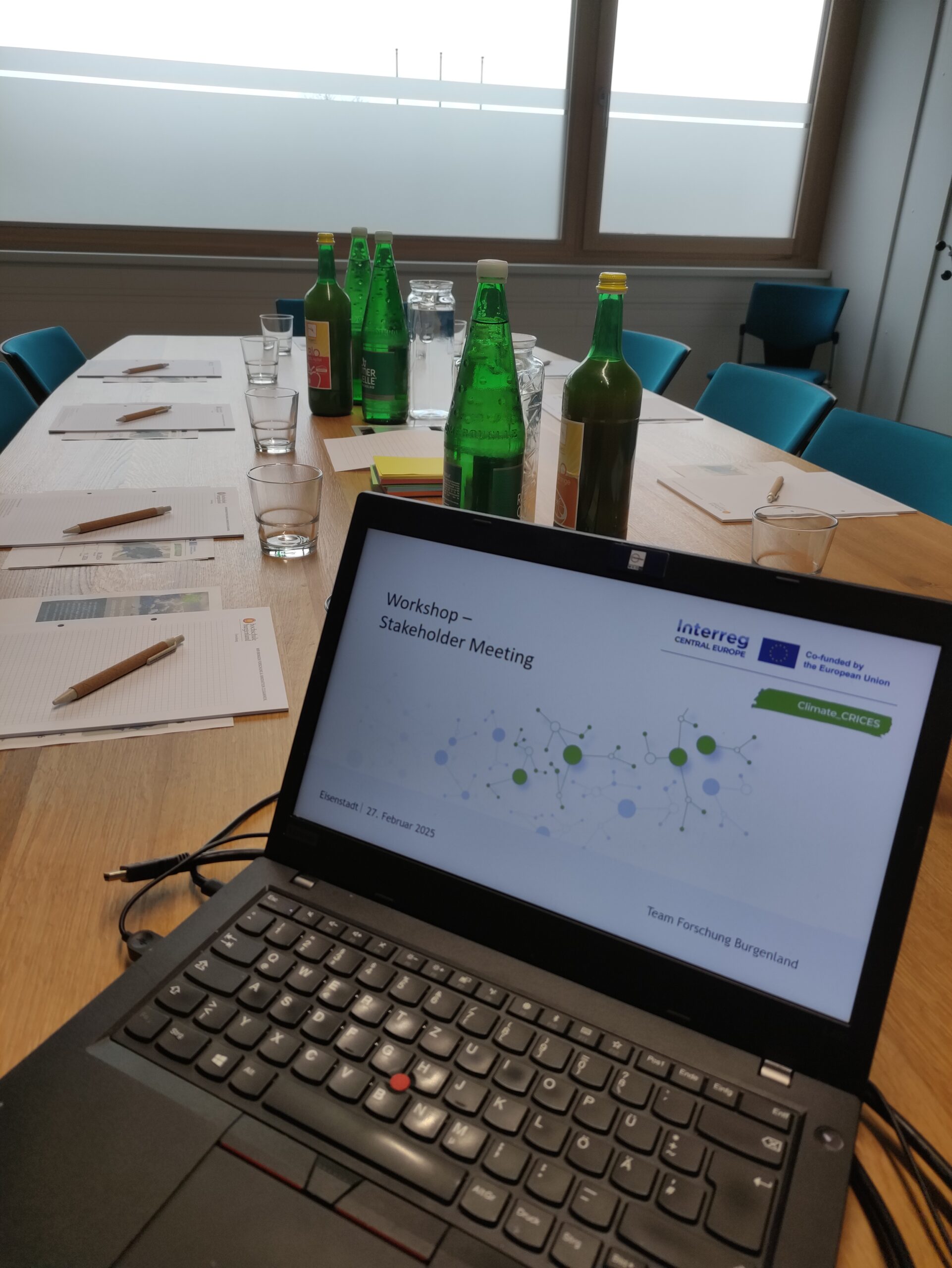Each session began with an introduction to the project’s objectives and progress, followed by participant introductions to foster connection and contextualize perspectives. The workshops provided valuable insight into common challenges in climate adaptation, particularly around the accessibility and usability of climate data.
The workshops offered crucial insights into climate adaptation planning, data usage, and stakeholder engagement. Despite diverse local contexts, participants shared common challenges and highlighted the critical need for accessible, user-friendly data tools to support evidence-based decision-making.
A central finding was the widespread acknowledgment of the importance of climate data — especially meteorological and hydrological — for local adaptation efforts. However, stakeholders frequently cited issues such as data fragmentation, accessibility barriers, and limited interpretability. The proposed centralized dashboard was strongly endorsed as a practical solution to improve data access and cross-sector collaboration.
Engagement levels varied, with academic and research institutions often leading discussions, while smaller municipalities cited capacity and technical limitations. Still, there was broad enthusiasm for practical, application-focused dialogue. Many regions reported having strategic frameworks in place but noted inconsistencies in implementing concrete adaptation measures due to complex funding, unclear responsibilities, and data gaps.
Key themes included the need for institutional coordination, harmonized data standards, and integration of socio-economic and biodiversity indicators. Stakeholders expressed strong interest in further training, especially around dashboard use, data interpretation, and tailored strategy development.
Innovative ideas emerged, such as ecosystem service visualization for urban planning, cross-border data integration, and sector-specific adaptation approaches — notably in agriculture and viticulture.
The workshops underscored a collective commitment to advancing climate adaptation through collaboration, capacity-building, and the development of actionable, data-driven tools. Continued support and targeted solutions will be essential to translate this momentum into tangible local outcomes.
